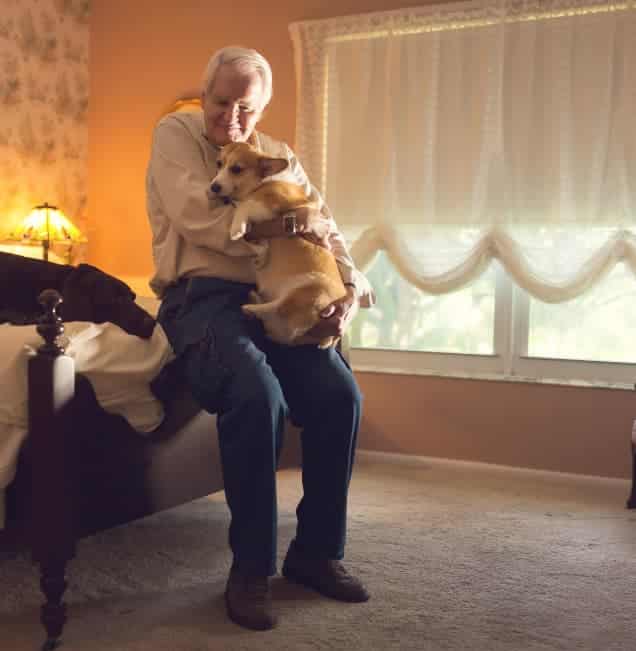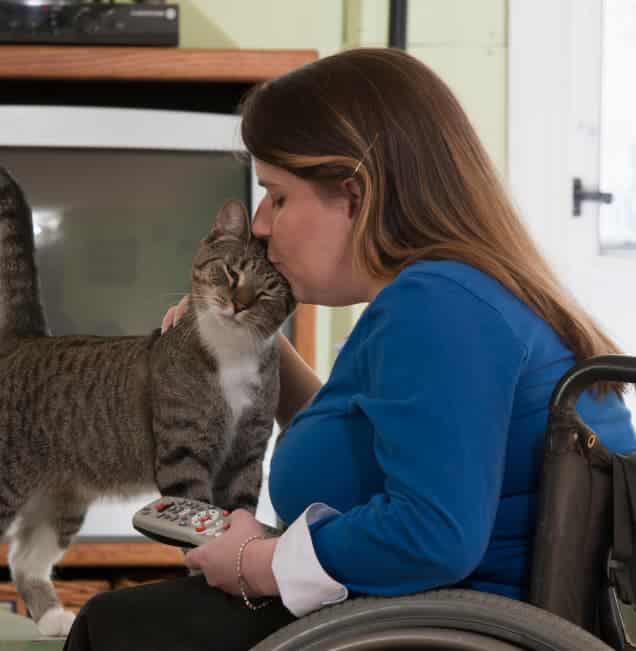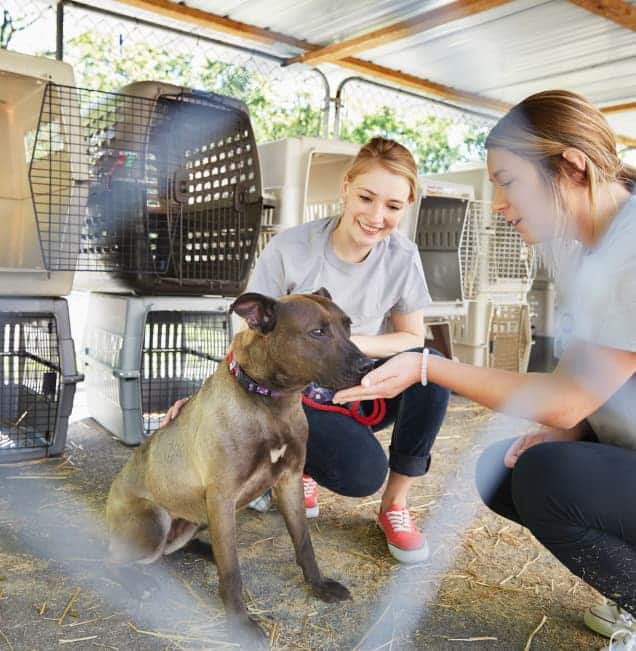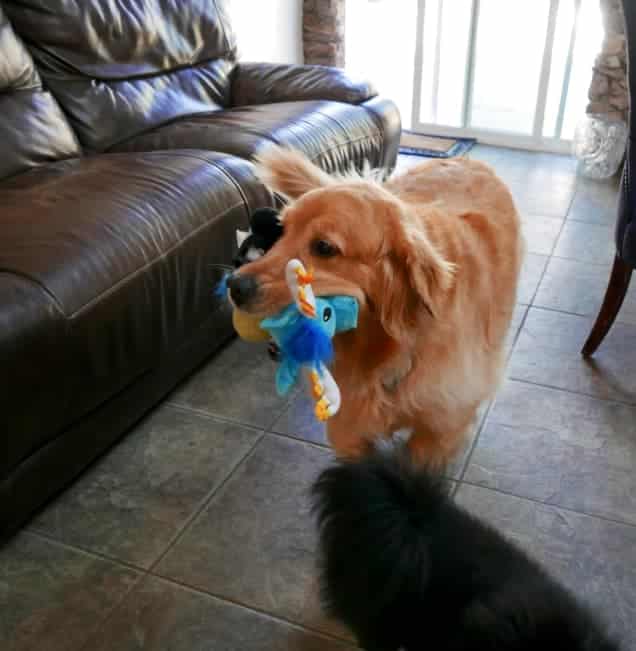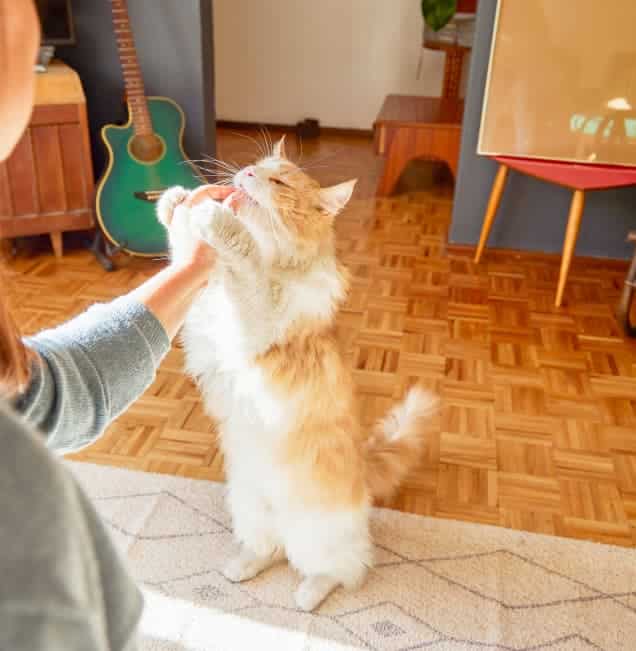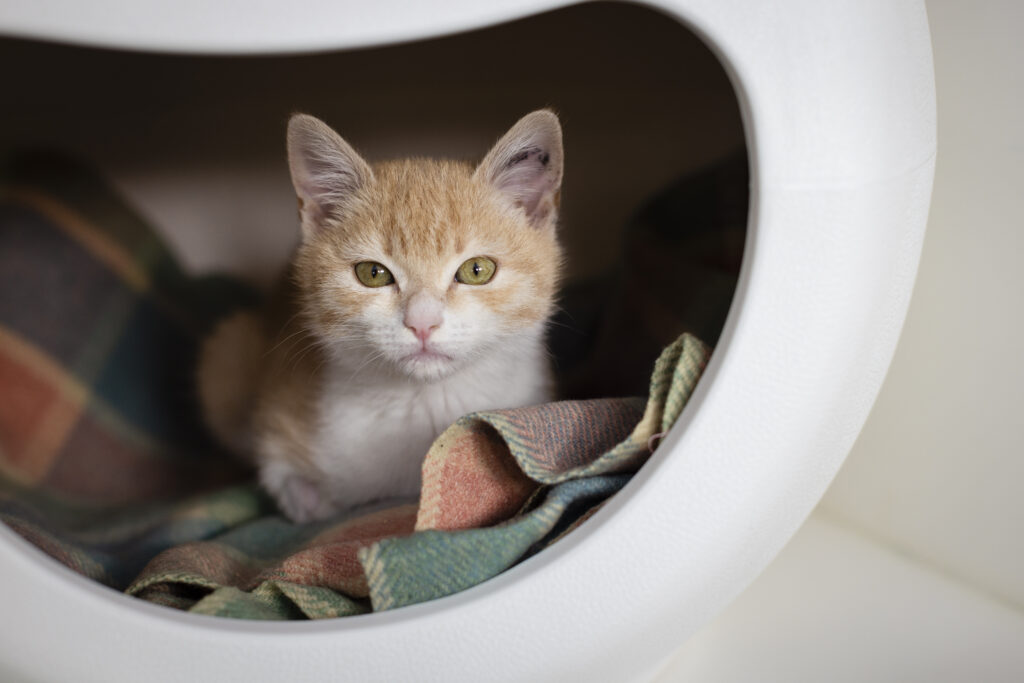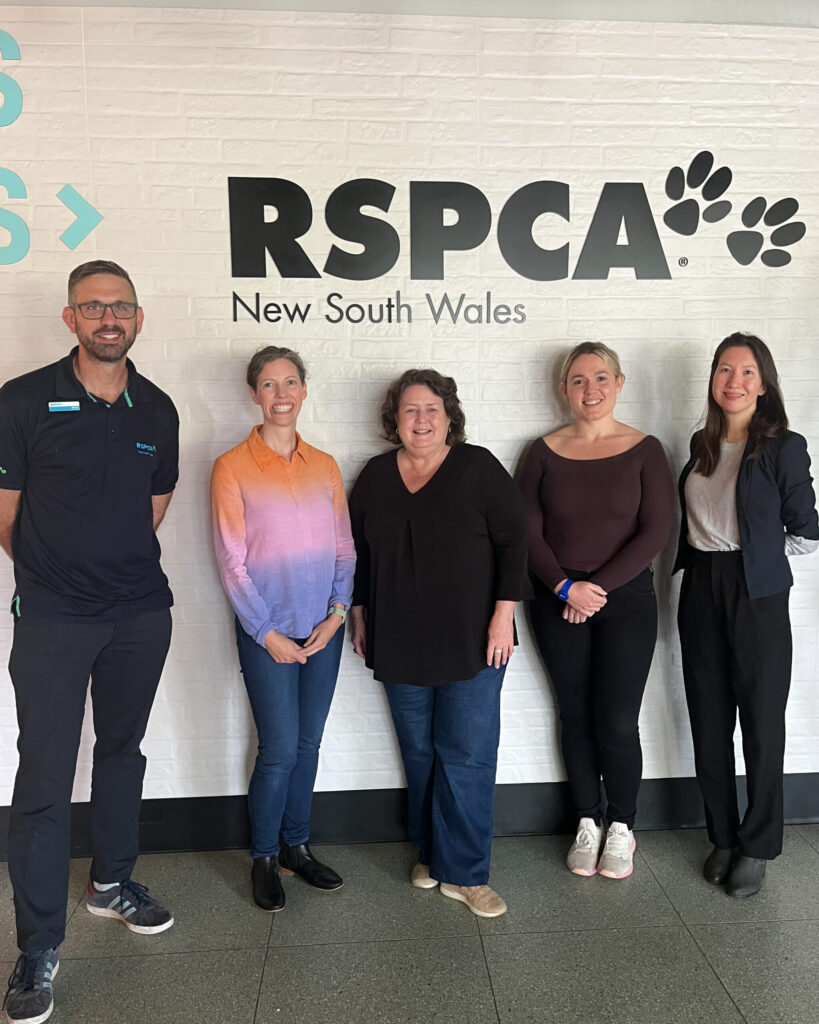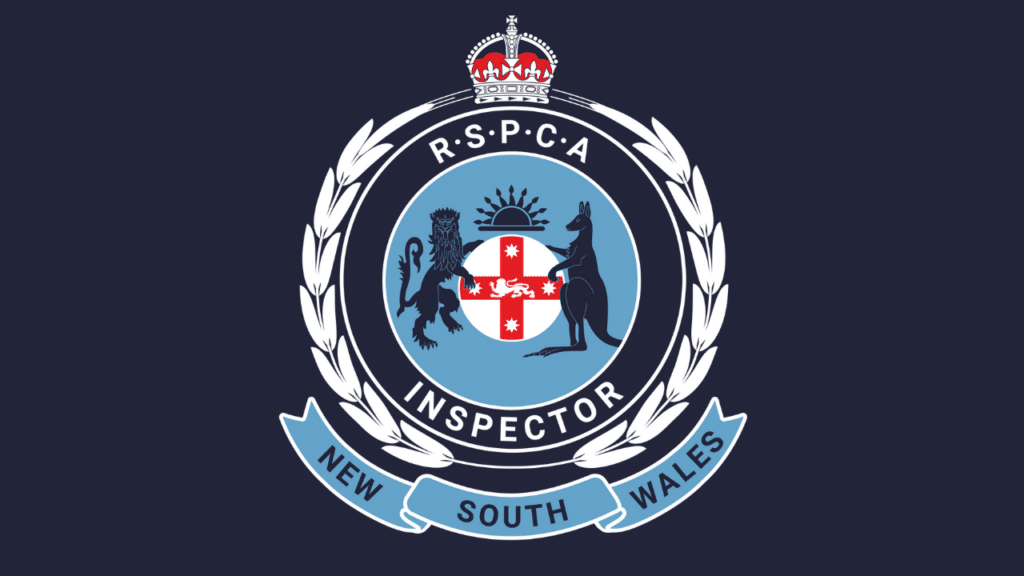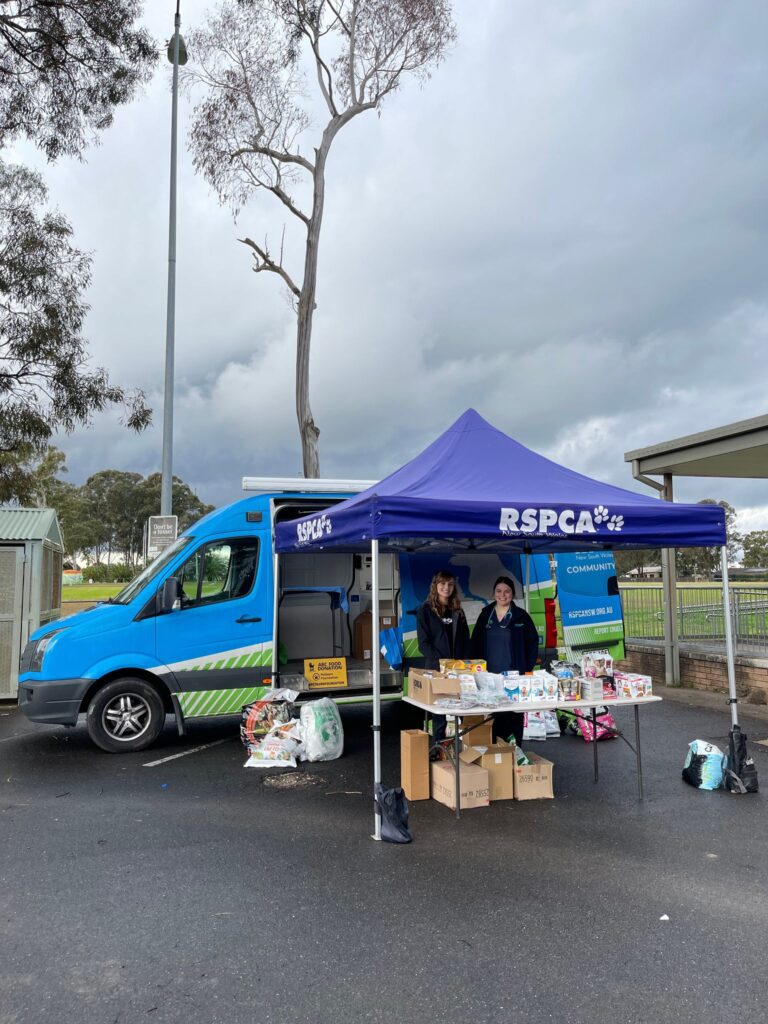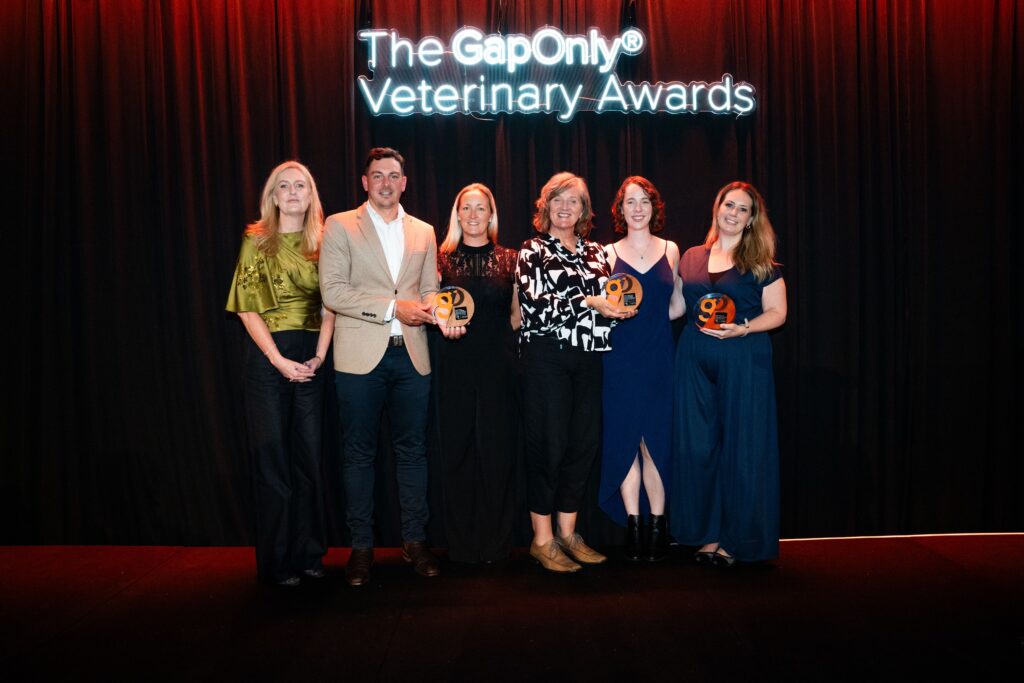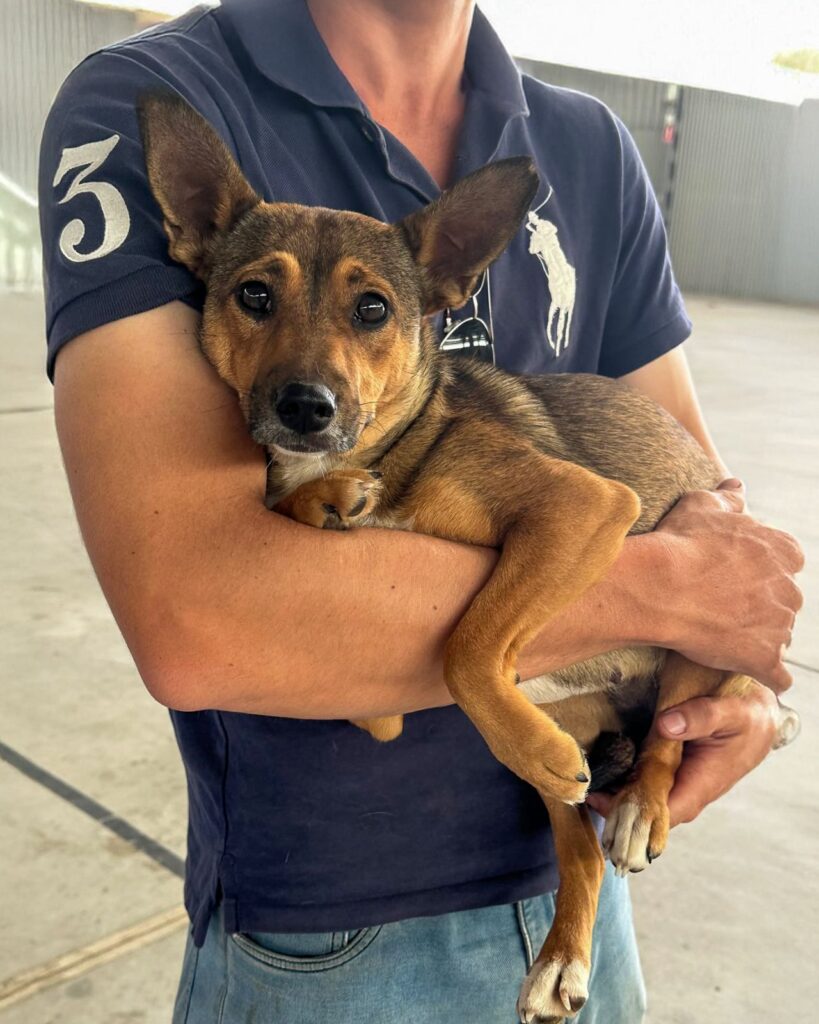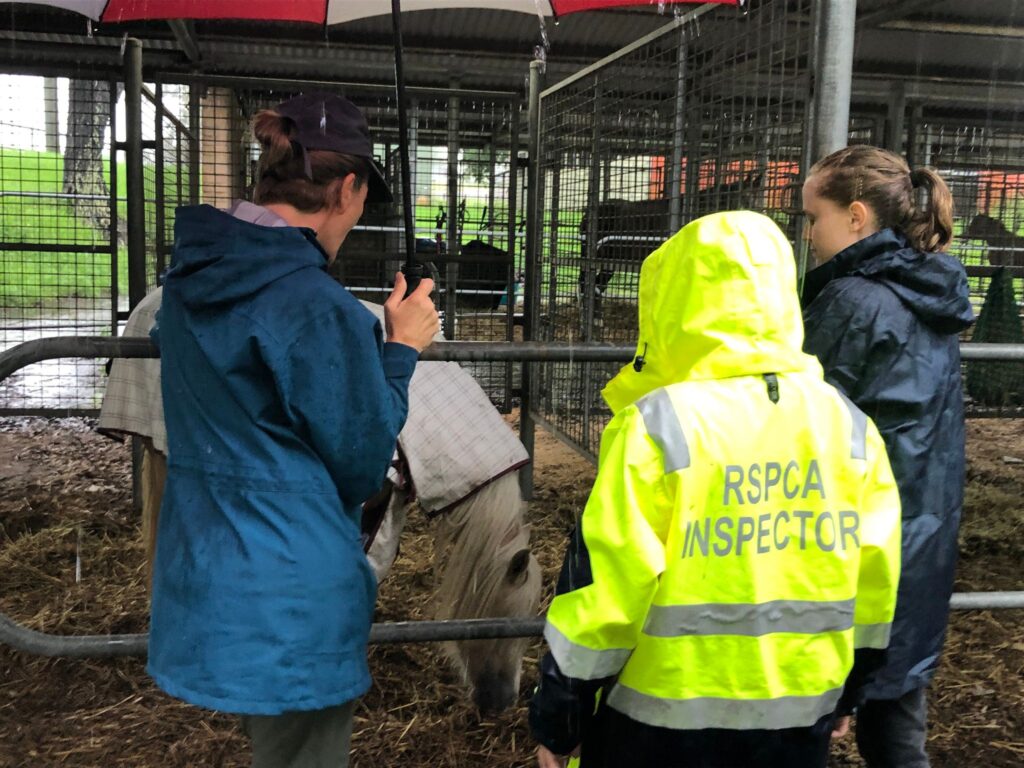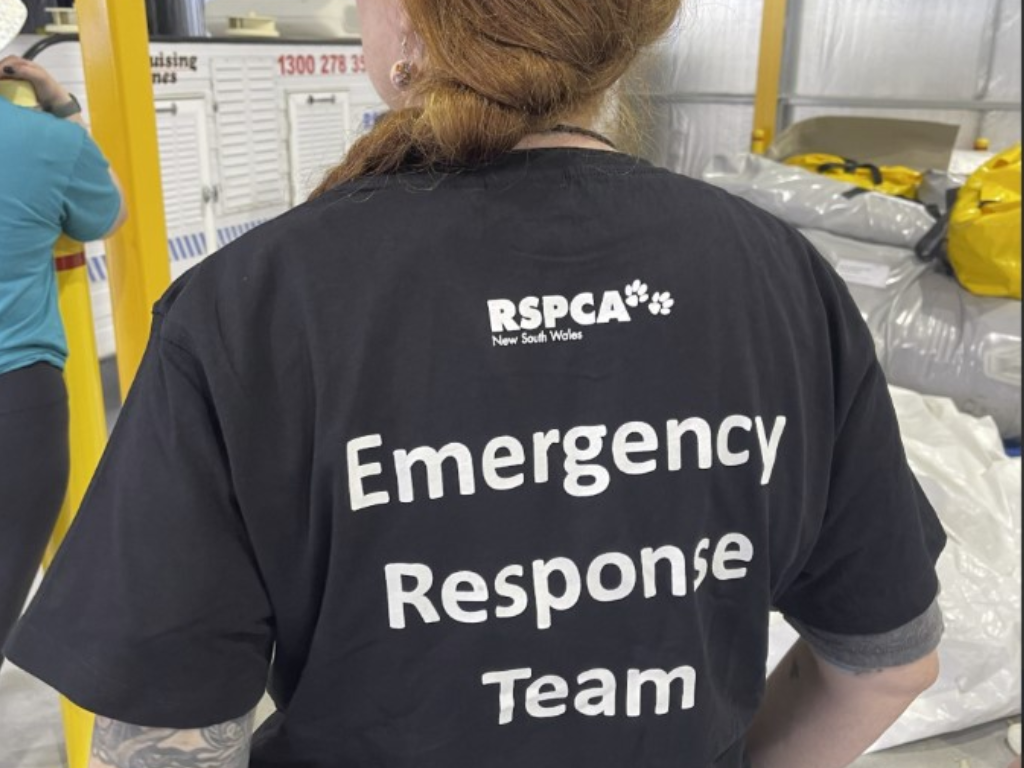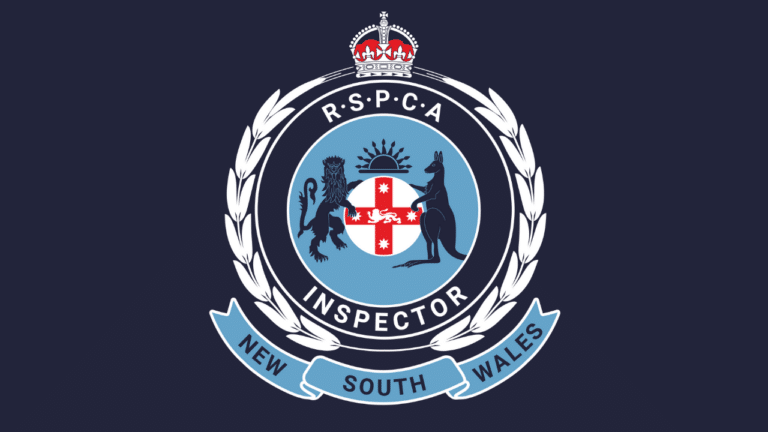A 55-year-old wildlife carer has been convicted of committing an act of aggravated animal cruelty, after failing to provide veterinary treatment to an eastern grey kangaroo in her care, resulting in it being in such a physical condition that it was cruel to be kept alive. The woman had been volunteering as a WIRES carer at the time.
On 9 April 2025, the defendant appeared in Windsor Local Court where she was sentenced following a lengthy hearing over nearly 2.5 years, which had taken place at Katoomba Local Court.
The kangaroo came into the defendant’s care in October 2020 with serious injuries after being caught in a fence. The offence arose from the defendant’s failure to seek necessary veterinary treatment for the kangaroo between 20 February 2021 and 8 March 2021. An eminent veterinarian and expert in wildlife health and conservation told the Court that the animal needed to be humanely euthanised from at least 20 February 2021 because of its serious injuries and grave prognosis. The kangaroo, which the defendant named Dolores, was unable to stand or hop, had two unhealed wounds which would have required skin grafts to close, and was unable to extend her stifles or hocks. Very sadly, she had no realistic prospect of recovering from her injuries, and ought to have been presented to a veterinarian for examination, diagnostics and other treatment. Humane euthanasia was ultimately the only available treatment option.
The defendant was convicted and sentenced to a six-month Community Correction Order with standard conditions, requiring her to be of good behaviour and to appear before the Court if called on. She was also ordered to pay professional costs of just under $27,000 which were incurred by RSPCA NSW over the course of the protracted proceedings. Significantly, the Court imposed a disqualification order under section 31(1)(b) of the Prevention of Cruelty to Animals Act 1979, which effectively prohibits the defendant from owning or having any involvement in the keeping or care of animals for five years.
“RSPCA NSW acknowledges the vital role played by wildlife carers in caring for injured, sick and orphaned wildlife. We know and value their efforts in promoting positive animal welfare and environmental outcomes. The conviction reflects compelling evidence that this kangaroo needed veterinary treatment which had not been provided, and that she required humane euthanasia as a result.
“However, this case is not representative of the majority of wildlife carers who provide excellent care, often in close consultation with veterinary practitioners. When performing their important role, carers must not lose sight of their core obligations under the Prevention of Cruelty to Animals Act, or substitute their own views for those of a registered veterinarian,” said RSPCA NSW Chief Inspector, Scott Meyers.

The kangaroo, named Dolores, was unable to stand or hop, had two unhealed wounds which would have required skin grafts to close, and was unable to extend her stifles or hocks.
After concerns for the kangaroo’s welfare were raised, the matter was reported to RSPCA NSW.
RSPCA NSW Inspectors attended the defendant’s property on 8 March 2021 to inspect the animal, accompanied by a veterinarian and a member of the WIRES welfare team. Dolores was recumbent and unable to stand, walk or hop. She was emaciated and unable to extend her stifles or hocks.
RSPCA NSW seized Dolores from the property. The veterinarian determined that her physical condition was so compromised that it was cruel to keep her alive, and she was humanely euthanised. A post-mortem examination further showed that Dolores had bed sores on her legs and feet from extended periods lying down and being unable to adjust her position, and that she had a heavy parasite burden.
Despite the kangaroo having been immobile for 4-5 months, the defendant did not believe that veterinary treatment was necessary and instead sought to rehabilitate the animal independently.
The Court found that the defendant had a “misguided and misplaced confidence in her own ability that is very troubling”, evident in her willingness to administer prescription drugs without a prescription or veterinary direction, to pronounce her own diagnoses of the animal’s condition, and to experiment with splints, physiotherapy, massage and “Bowen therapy”.
The defendant demonstrated a completely unfounded hope in the recovery of the animal and the possibility of its eventual release, contrary to her own training and experience.
Speaking to the 54 character references tendered by the defendant on sentence, the Presiding Magistrate remarked that “for a group of wildlife carers, not one of them acknowledges the suffering of this animal.”
Both RSPCA NSW and the Court accepted that the woman had not acted maliciously and that her motives were indeed altruistic. However, the Court recognised the importance of deterring others from acting in a similar manner and sought to remind everyone who cares for an animal of “the responsibility they take on”, including the “responsibility for ensuring that animals do not suffer as a result of the rehabilitative process”.
WARNING – GRAPHIC AND DISTRESSING IMAGES are available for download here.
All charges brought under the Prevention of Cruelty to Animals Act.

